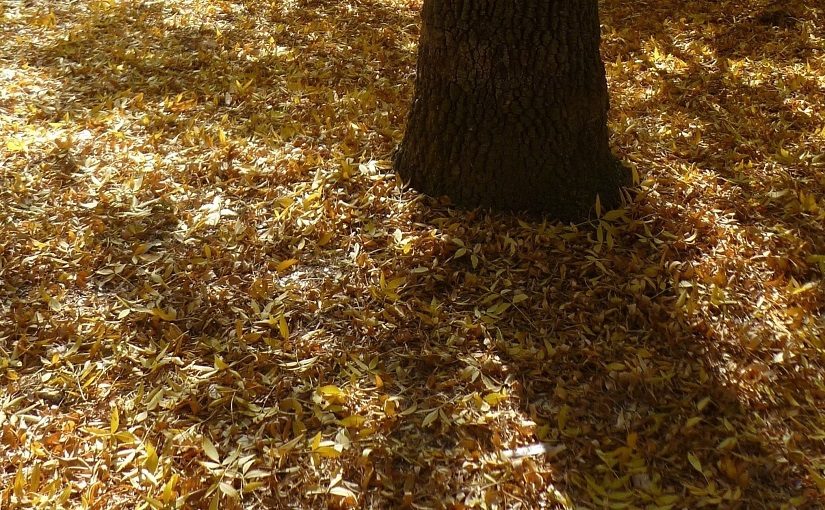Given how much “information” we’re now surrounded with in life, it seems that “finding our way within it” might be the real challenge we’re all facing (Notes One). This idea of somehow being able to uncover the fairest, truest representation of our complex realities; the best frame for understanding and wisely responding to this world and all those living within it.
Because much of what’s around us seems like it might be a version of “false” or “unhelpful” – not quite reflecting things honestly or encouraging us to live as humanly as we might hope. Conceivably, all these separate perceptions, experiences or observations of “reality” could be drawn together into any number of worldviews, conclusions and mindsets. But, where do they lead?
Maybe we’re simply living alongside countless fractured, atomised perspectives on life. A million separate thoughts we might pick up and arrange however we see fit. Whether or not those views are compatible, true, or wise foundations for crafting life around might be an important question. Don’t the ideas we have in mind matter? Becoming our justification for all we’re choosing to do in life.
What are we supposed to “make” of all we’re told? All the commercial messages; attempts to influence; ways of interpreting the events or people around us. If we’re living in this incessant shower of ideas hoping to take up place in our minds and inform our actions, what are they? All these assumptions, judgements, suggestions, conclusions, seeds of doubt or of hope. Little thoughts we let in and make our own. (Notes Two)
They must all add up, coming together into a potentially quite strange and contradictory picture of what life’s about. Of all the thoughts we could think, how are we choosing the ones we’re building our life around? How are we evaluating all that passes before our eyes or seeps into our minds through other means? How many find their way in without us really noticing?
Sometimes it’s like we’re surrounded by constantly refreshing mountains of information being churned out and insisted upon. This vast, often frightening, volume of ideas aggressively trying to carve out a space for themselves within our precious, limited mental landscape. As if “to be human” is now a case of filtering through it all to cast aside all that doesn’t serve the reality we have in mind.
Do we listen to all, none or some of it? Should we listen to the loudest, most skilful, or most worrying voices? Those who confirm or who challenge our ideas? What if “all this” is effectively drowning out voices we’d be wise to listen to? And, should we be adding our own voice to the mix or might we be better off holding back somewhat from this ever-flowing conversation that’s now engulfing us all? (Notes Three)
We might argue that “information’s there” for everyone to see, but if the truth’s nestled among a billion more questionable pieces of information how exactly are we supposed to be sure of having found it?
Notes and References:
Note 1: The sense of having a worldview
Note 1: Culture as information
Note 1: Information as a thing, endlessly growing
Note 2: What is the public conversation?
Note 2: Passing on what’s important
Note 2: Which voice can we trust?
Note 3: Joining the dots
Note 3: All in such a rush
Note 3: Whether we make a difference

